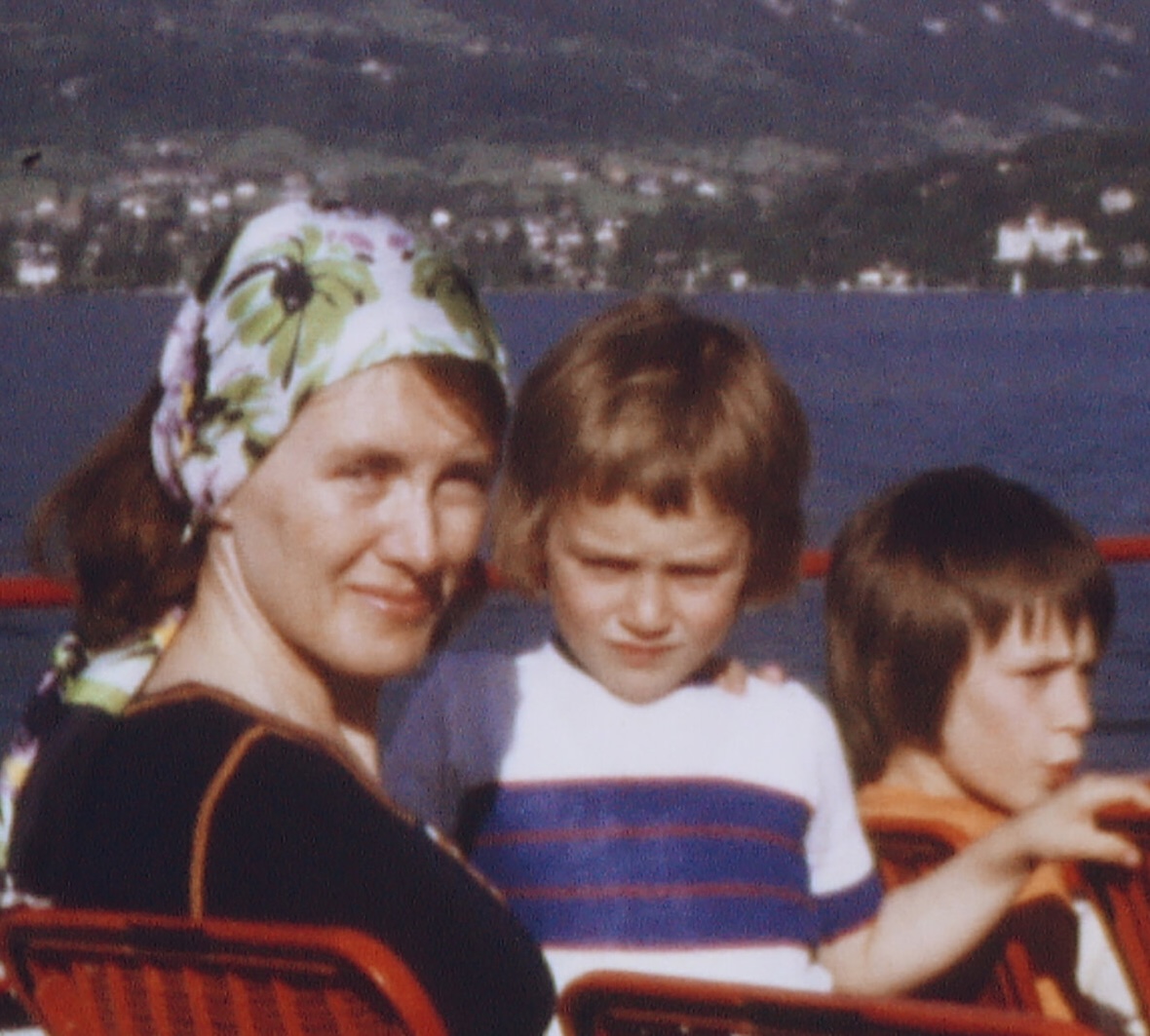The Years: Book Review

It’s as if I’ve just read my own biography. I haven’t, of course: The Years is clearly ordered and clearly labelled as Ernaux’s autobiography, or memoire, from the date of her birth in 1941 to 2006. But because the account consists very largely of memories we, that is, others of her age and situation, are likely to share, and because the story is told largely in the first person plural “we”, a reader is continually referred back to memories of her own, comparing, contrasting, adjusting for differences in age, nationality, language. The points where “we” might differ from the author, where the account doesn’t seem quite complete or fair — and there are many — pale by comparison to the experience of broad recognition: I am among the subjects of this memoire; her memory is, if somewhat different, at least as rich and clear and plausible as my own, and we have a great deal in common. The position is open to any reader who has been alive over at least some portion of the years in question.
Any such reader will surely especially admire particular features of the book, probably those that resonate most broadly with her own life experience. Consistently weaving self and history together. Ernaux treats her own transition from student to working mother as a nearly impersonal shift, something that happened, along with shifts in political convictions, alignments, attractions and repulsions. Conversely, her account of the ongoing practice of citizenship is given in almost startlingly brief, largely personal and small-group responses to global and national news, elections, changing technologies. I was particularly impressed with Ernaux’s treatment of photography, from careful, detailed “readings” of specific images of herself as a young child to an elegantly – phased statement of a relative detachment from photographs most of us experience now, images that overwhelm our hard drives without necessarily penetrating our organic memories. She responds to the end of a long and apparently rewarding teaching career not with any wrenching sense of loss, but a cool observation sometime later that she has lost fluency in a specific kind of academic language. She is exceptional, I think, in attending seriously to the impact of commercial products, their tendency to affect selves and histories in unpredictable ways.
The feature that will probably stay with me longest, though, concerns the experience of passing time. It almost has a narrative of its own in this text, changing from a firm focus on the future to a gradual deepening of concern with past. Eventually we read a list of precious scenes or moments, memories with durability — very personal They aren’t yours or mine, but they raise a question about what any one of us might insist on holding in memory, and raise it so pointedly that you looking up from the book with your list in progress.


